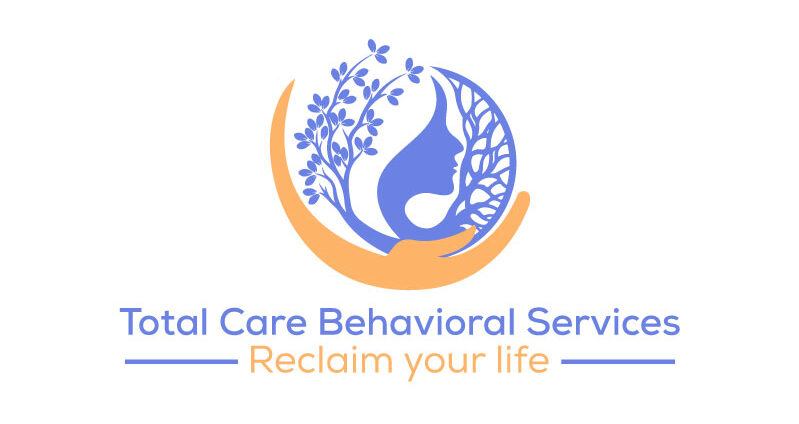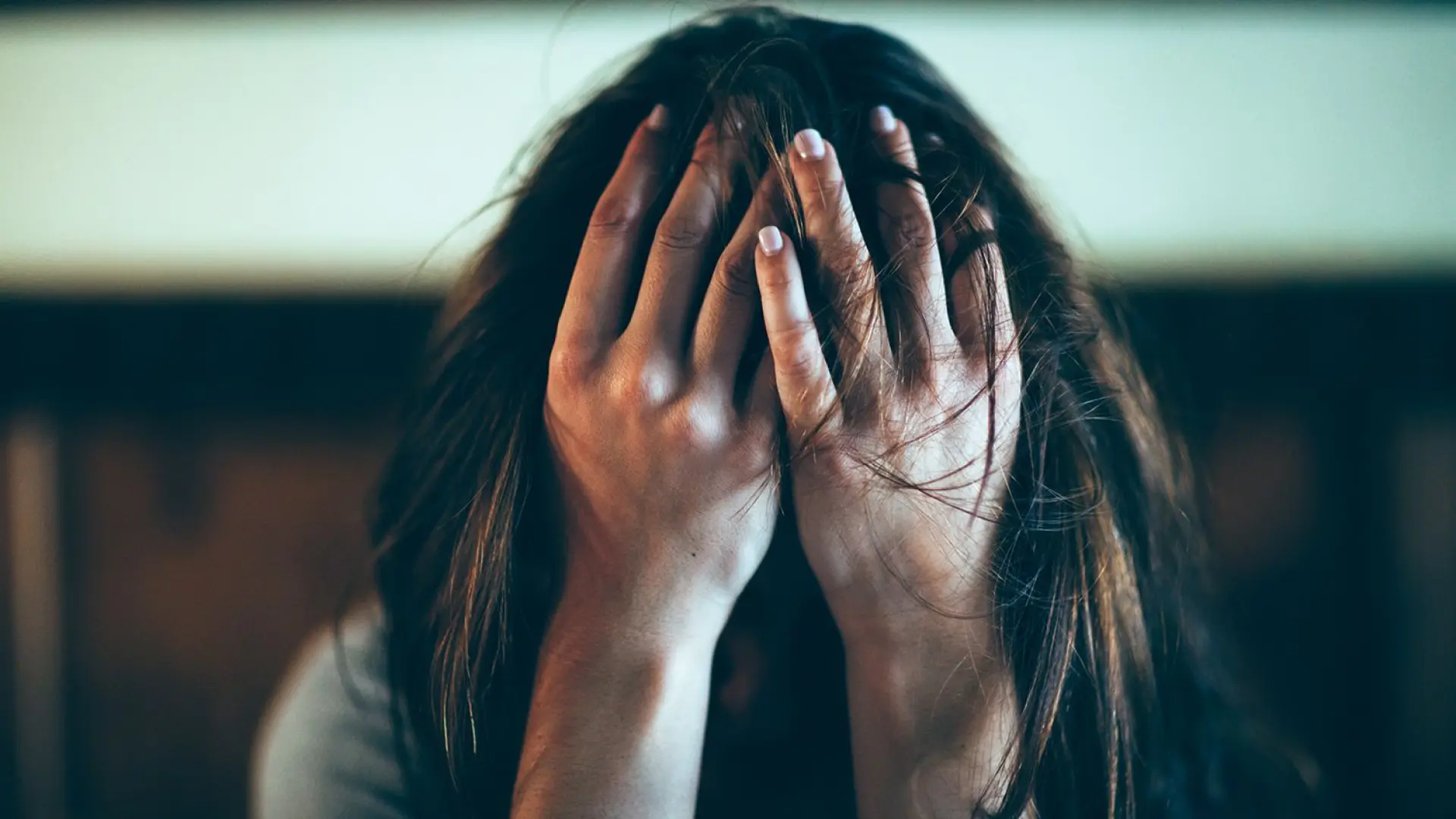Depression: Understanding, Managing, and Overcoming the Silent Struggle
Key Takeaways
Introduction
Depression, a pervasive mental health disorder, affects millions worldwide, profoundly influencing thoughts, emotions, and daily activities. For U.S. audiences, where one in five adults experiences mental health challenges annually, understanding depression is critical to seeking effective treatment and support. This comprehensive guide explores the causes, symptoms, types, treatment options, and prevention strategies for depression, offering actionable insights to enhance mental well-being.
What is Depression?
Depression, or Major Depressive Disorder (MDD), is more than just feeling sad or low. It’s a complex mental health condition characterized by persistent feelings of hopelessness, worthlessness, and a lack of interest in daily activities. If left untreated, depression can impair one’s ability to function, affecting relationships, work, and physical health.
Types of Depression
Understanding the various types of depression helps in identifying and tailoring treatments:
- Major Depressive Disorder (MDD)
Characterized by severe symptoms lasting at least two weeks. - Persistent Depressive Disorder (Dysthymia)
Chronic depression lasting for two years or more, with less severe symptoms than MDD. - Bipolar Disorder
Alternating episodes of depression and mania or hypomania. - Postpartum Depression (PPD)
Depression occurring after childbirth, affecting both mothers and fathers. - Seasonal Affective Disorder (SAD)
Depression linked to seasonal changes, typically occurring during winter. - Psychotic Depression
Severe depression accompanied by psychosis, such as hallucinations or delusions.
Symptoms of Depression
Symptoms may vary in intensity and duration but often include:
- Persistent sadness or emptiness
- Loss of interest in hobbies and activities
- Changes in appetite or weight
- Difficulty concentrating or making decisions
- Fatigue or lack of energy
- Feelings of worthlessness or excessive guilt
- Thoughts of death or suicide
Causes of Depression
Depression often arises from a combination of factors:
- Biological Factors
- Neurotransmitter imbalances, particularly serotonin, dopamine, and norepinephrine.
- Genetics
- A family history of depression increases susceptibility.
- Environmental Factors
- Traumatic events, abuse, or chronic stress.
- Psychological Factors
- Low self-esteem, negative thinking patterns, or unresolved childhood issues.
- Health Conditions
- Chronic illnesses such as diabetes, cancer, or hormonal imbalances.
Diagnosis of Depression
Proper diagnosis involves a combination of:
- Clinical Interviews: Detailed discussions about symptoms, history, and life events.
- Questionnaires: Standardized tools like the PHQ-9 to assess severity.
- Physical Exams: To rule out underlying medical conditions.
Treatment Options
Effective treatments vary by individual but typically include:
- Psychotherapy
- Cognitive Behavioral Therapy (CBT): Helps identify and change negative thought patterns.
- Interpersonal Therapy (IPT): Focuses on improving relationships and social support.
- Medications
- Antidepressants such as SSRIs, SNRIs, and atypical antidepressants are commonly prescribed.
- Lifestyle Modifications
- Regular exercise, balanced nutrition, and mindfulness practices.
- Alternative Therapies
- Yoga, acupuncture, and meditation may complement conventional treatments.
- Advanced Treatments
- Electroconvulsive Therapy (ECT): For severe cases unresponsive to other treatments.
- Transcranial Magnetic Stimulation (TMS): A non-invasive brain stimulation therapy.
Coping with Depression
Practical strategies for managing symptoms include:
- Building a Support Network: Connecting with friends, family, or support groups.
- Setting Realistic Goals: Breaking tasks into manageable steps.
- Avoiding Isolation: Staying socially active, even during challenging times.
- Practicing Self-Compassion: Being kind to oneself and avoiding self-criticism.
Prevention of Depression
Preventive strategies focus on building resilience and reducing risk factors:
- Stress Management
- Regularly practice relaxation techniques like meditation or deep breathing.
- Healthy Lifestyle Choices
- Maintain a balanced diet, stay active, and ensure adequate sleep.
- Seek Early Help
- Address mild symptoms promptly to prevent escalation.
Impact of Depression on Daily Life
Depression significantly impacts various aspects of life:
- Relationships: Strains with loved ones due to withdrawal or irritability.
- Workplace Productivity: Difficulty focusing or maintaining consistent performance.
- Physical Health: Increased risk of chronic illnesses and weaker immune function.
Research and Advancements
- Ketamine Therapy: Emerging as a rapid-acting treatment for severe depression.
- Digital Health Tools: Apps offering CBT-based exercises and mental health tracking.
- Genetic Testing: Helping to personalize antidepressant choices based on DNA.
When to Seek Professional Help
- Symptoms persist for two weeks or longer.
- Depression interferes with daily functioning.
- Suicidal thoughts or behaviors occur.
Seeking help from mental health professionals ensures timely intervention and recovery.
Conclusion
Depression is a treatable condition that requires understanding, compassion, and professional care. By recognizing the signs, seeking help, and adopting healthy habits, individuals can overcome depression and regain a fulfilling life. This guide aims to empower readers with the knowledge to take the first step toward mental well-being.
Frequently Asked Questions
References:
- Depression (major depressive disorder)—Symptoms and causes. (n.d.). Mayo Clinic.
- Harvard Health. (2022, January 10). What causes depression?
- Depression (major depressive disorder)—Symptoms and causes. (n.d.). Mayo Clinic.
- World Health Organization: WHO & World Health Organization: WHO. (2023, March 31). Depressive disorder (depression).#

